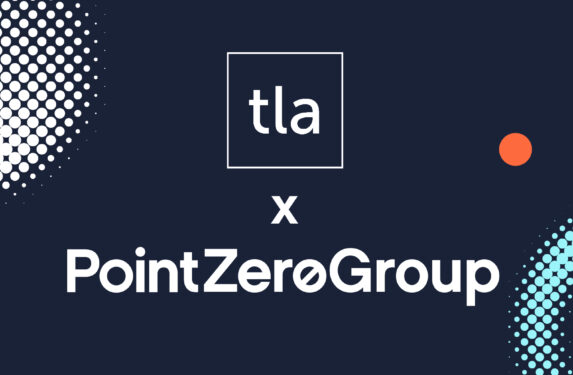
Do you say “employer value proposition” or “employee value proposition?” At BrandPointZero we’ve (mostly) decided on the former. We think about EVP as a compelling summary of the value an organisation offers as an employer – hence, employer value proposition.
Given that description, it’s easy to see why EVP is critical for talent acquisition, and why EVP development has been a core part of our offering since we formed. Want to attract the right kind of talent? Then you’d better be sure the prospect of a career with you is attractive, competitive, differentiated, culturally resonant, and beautifully realised. And we can help.
If all those things are accounted for, then you’re off to a flying start. A great proposition is a competitive advantage that’s more likely to generate a large volume of quality applications.
All being well those candidates will turn into colleagues each carrying expectations set by your EVP. This poses our next challenge: we must ensure our EVP is authentic and that the experience of employment meets the expectations set.
I sometimes encourage strategists to think about a proposition as a promise. And a promise made and broken is worse than no promise at all.
Expectations can be met practically but also culturally and experientially. In this context our EVP is not only a tool for talent attraction, but also a standard for employee experience design.
In fact, EVP is the kernel of everything we do, both in talent attraction and ongoing employee engagement. Have a look at this diagram:

EVP informs (and is informed by) our employer brand (EB) and corporate vision, mission, and values (VMV). It’s common for us to address development of EVP, EB, and VMV as part of the same project. These core strategies radiate influence, keeping us consistent and accountable which is why there can be no misalignment between them.
Values are of particular importance. Values help us make better decisions in our everyday behaviour, thereby delivering the promise of our EVP by shaping the somewhat intangible sense of what it’s like to work somewhere.
Moving into the internal world, EVP is the standard we hold ourselves to when delivering internal communications (IC) and employee experience (EX) audit and transformation. Without this standard, communications and experiences vary greatly in tone, meaning, quality, and effectiveness. And when consulting on corporate culture diagnosis and transformation we ensure clear lines of connection between styles of leadership and the promises within our EVP.
In the external world, EVP and EB manifest most immediately through talent attraction (TA) campaigns. But to super-charge recruitment marketing we also look to activate in relevant niches of the wider cultural landscape. To be credible, the body language our brands adopt (our campaigning behaviour) must be connected to the value we offer – everything starts with EVP.
This model helps us understand how these different aspects of strategy relate to each other. But experience tells us that it’s uncommon for organisations to be this structured in their approach. I can help. Drop me a line if you’d like to talk about aligning and optimising your EVP, talent attraction, or employee engagement strategies.
 Why start with EVP? 23 Apr Do you say “employer value proposition” or “employee value proposition?” At BrandPointZero we’ve (mostly) decided on the former. We think about EVP as a compelling […]
Why start with EVP? 23 Apr Do you say “employer value proposition” or “employee value proposition?” At BrandPointZero we’ve (mostly) decided on the former. We think about EVP as a compelling […] How to make your EVP work harder 6 Mar For many organisations, their EVPs & Employer Brands are associated with recruitment and resourcing. But during these uncertain economic times, we think the role of […]
How to make your EVP work harder 6 Mar For many organisations, their EVPs & Employer Brands are associated with recruitment and resourcing. But during these uncertain economic times, we think the role of […] Bristol agency BrandPointZero to merge with That Little Agency to create larger full-service employer brand marketing agency 4 Jan Bristol-based employer brand agency BrandPointZero has announced a merger with fellow Bristol agency That Little Agency, a move that will significantly increase the PointZero Group’s […]
Bristol agency BrandPointZero to merge with That Little Agency to create larger full-service employer brand marketing agency 4 Jan Bristol-based employer brand agency BrandPointZero has announced a merger with fellow Bristol agency That Little Agency, a move that will significantly increase the PointZero Group’s […]
